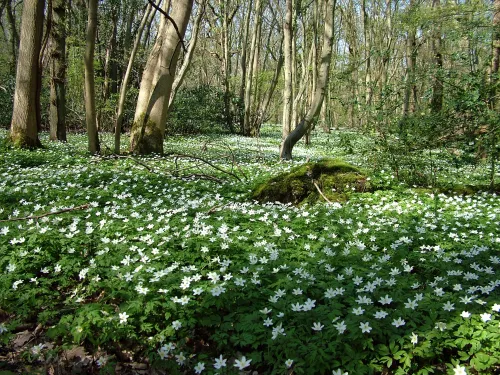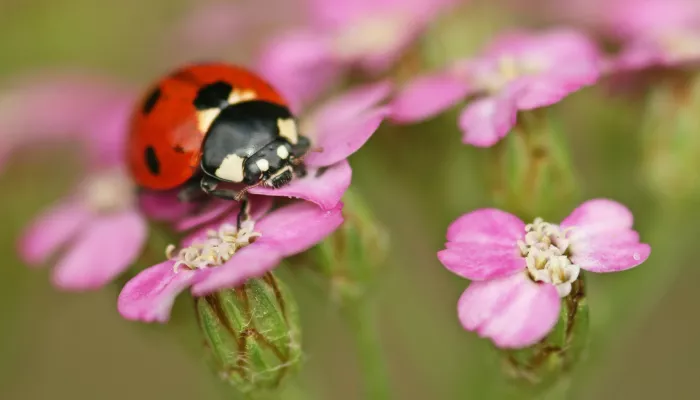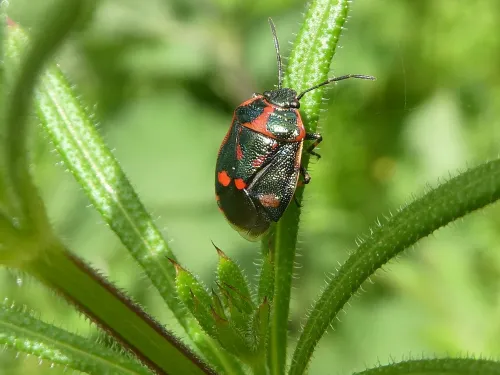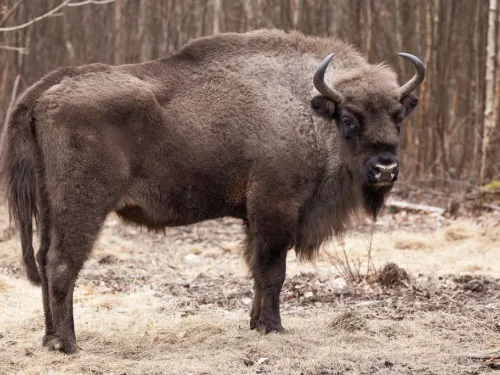
UK's ancient woodlands face crisis as Kent Wildlife Trust launches emergency appeal
With just 7% of UK woodlands in good ecological condition and ancient woodlands now covering just 2.5% of the country, Kent Wildlife Trust launches an urgent fundraising appeal to save one of Britain's most precious habitats.



